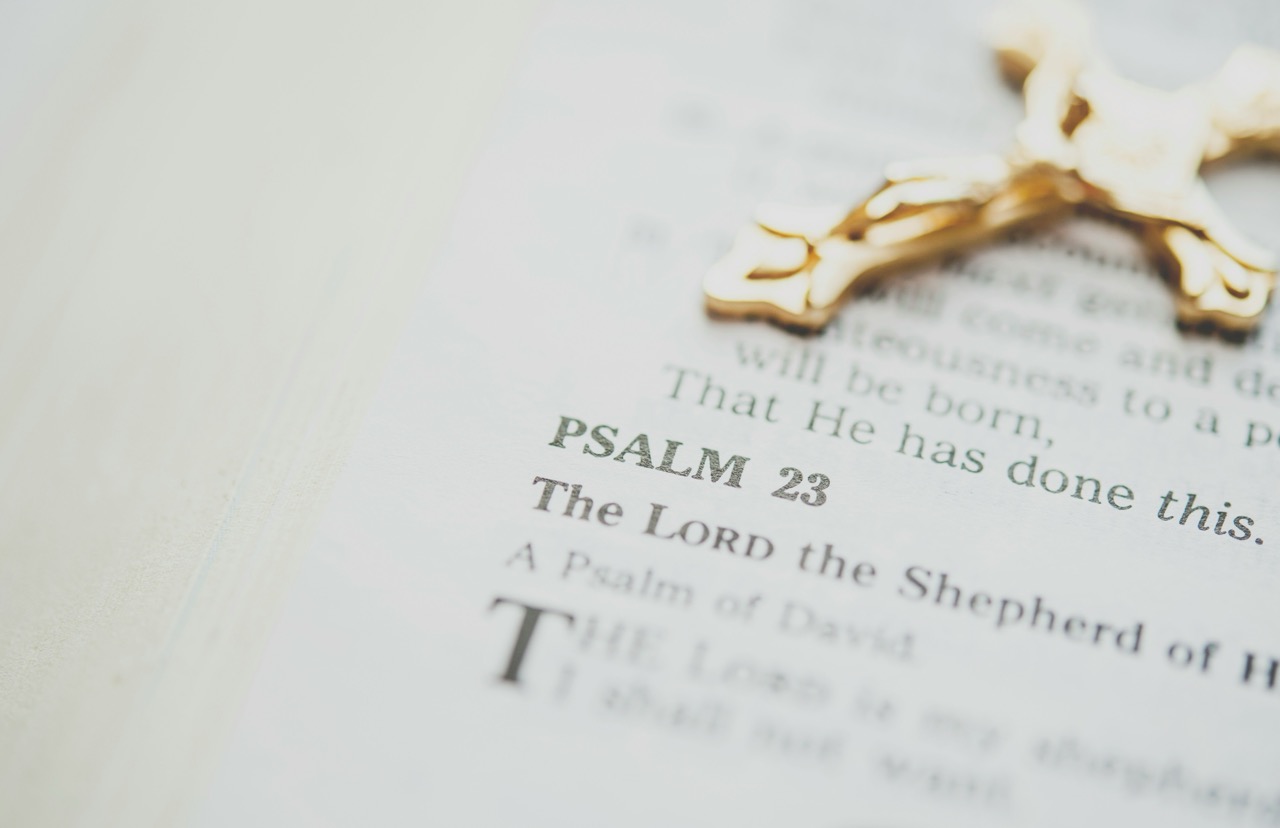How Genesis Explains the Origin of Sin

The book of Genesis, as the first chapter of the Bible, holds a foundational position in Judeo-Christian theology, particularly concerning the origin of sin. It presents a narrative that explores not only the creation of the world and humanity but also the emergence of sin and its profound implications for human existence. Understanding this text provides valuable insights into the nature of sin, human choices, and their consequences. This article delves into the various elements in Genesis that explain the origin of sin, examining the biblical context, the creation narrative, the role of free will, and the lasting lessons derived from these ancient texts.
Understanding the Concept of Sin in Biblical Context
In the biblical context, sin is often defined as a deviation from God’s will and laws, embodying both an act of disobedience and a failure to uphold God’s commandments. The Hebrew term for sin, "chata," suggests missing the mark or failing to achieve the intended goal. This definition illustrates that sin is not merely a list of forbidden actions but rather a relational rupture between humanity and the divine. Genesis emphasizes this relationship by presenting God as both the creator and the moral authority, whose expectations shape the understanding of sin.
The narrative structure of Genesis engages with the complexities of human nature, exposing the tension between divine commands and human desires. The stories of Adam and Eve, Cain and Abel, and Noah’s Ark reflect the multifaceted dimensions of sin, including pride, jealousy, and the potential for redemption. These early accounts frame sin not just as individual transgressions but as a collective human condition, highlighting the pervasive impact of sin on relationships—both among individuals and between humanity and God.
Additionally, the consequences of sin outlined in Genesis serve as a critical backdrop for understanding the biblical narrative as a whole. From the expulsion from the Garden of Eden to the flood that cleanses the earth, these events illustrate that sin disrupts harmony and leads to suffering and separation from the divine. This portrayal sets the stage for the theological developments that follow throughout the scriptures, where the theme of sin and its remedy becomes central to the narrative of salvation.
The Creation Narrative: Setting the Stage for Sin
The creation narrative in Genesis chapters 1 and 2 establishes the context for human existence, portraying a world that is fundamentally good and harmonious. God’s declaration of creation as "very good" underscores the intended perfection of the universe, including humanity, which is created in God’s image. This unique status imbues humans with dignity and purpose, suggesting that they are designed to live in fellowship with their Creator and one another. However, it is within this perfect setting that the seed for sin is sown.
In Genesis 2:16-17, God commands Adam not to eat from the tree of the knowledge of good and evil, outlining the boundaries of human freedom. This command introduces the concept of moral choice—the ability to obey or disobey—and foreshadows the potential for sin. The presence of the forbidden tree signifies that true love and obedience can only exist when there is the possibility of choosing otherwise. This dynamic between divine command and human freedom creates a critical tension, as it sets the stage for the eventual fall.
The subsequent narrative in Genesis 3 details the temptation and fall of Adam and Eve, illustrating how the allure of knowledge and autonomy leads them to challenge God’s authority. The appeal of the serpent, who questions God’s command, highlights the fragility of trust and the consequences of succumbing to temptation. This pivotal moment marks the transition from innocence to awareness, emphasizing that the act of disobedience carries profound implications for humanity’s relationship with God and the world.
The Role of Free Will in Genesis and Human Choice
One of the central themes in Genesis is the concept of free will, which is intricately woven into the fabric of the creation narrative. God grants humanity the freedom to choose, presenting a fundamental aspect of what it means to be made in His image. This autonomy is crucial for genuine relationship and moral responsibility, allowing individuals to make choices that reflect their inner convictions and desires. However, this freedom also opens the door to the possibility of sin, as evidenced in the narrative of the fall.
The choice faced by Adam and Eve involves a profound moral dilemma: to trust in God’s goodness and follow His command or to seek autonomy by disobeying. Their decision to eat from the forbidden tree exemplifies the human tendency to prioritize personal desires over divine instruction. This moment underscores the reality that free will is not merely the capacity to choose but also entails the responsibility of those choices. The narrative illustrates that while God desires a relationship with humanity, true love and obedience must arise from free will, making the potential for sin an inherent risk.
Furthermore, the consequences of Adam and Eve’s choice reverberate throughout Genesis and beyond, affecting subsequent generations. Their disobedience introduces a pattern of sin that permeates human relationships, exemplified by the story of Cain and Abel. The choices made by individuals lead to destructive outcomes, revealing that the exercise of free will, when misaligned with divine will, results in suffering and alienation. Thus, the narrative of Genesis serves as a poignant reminder of the weight of human choice and the significance of aligning one’s will with that of the Creator.
Consequences of Sin: Lessons from Genesis for Today
The consequences of sin as outlined in Genesis offer profound lessons that resonate even in contemporary society. The immediate aftermath of Adam and Eve’s disobedience leads to their expulsion from the Garden of Eden, symbolizing the loss of paradise and the beginning of estrangement from God. This narrative illustrates that sin introduces chaos, pain, and suffering into what was once a harmonious existence. In modern terms, it reinforces the understanding that turning away from ethical and moral standards can lead to significant personal and societal fallout.
Moreover, the story of Cain and Abel serves as a cautionary tale regarding the destructive nature of sin, particularly envy and anger. Cain’s choice to murder his brother stems from his inability to manage jealousy and insecurity, resulting in severe consequences, including divine punishment and a life of wandering. This narrative highlights how unchecked sin can lead to further transgressions, creating a cycle of violence and alienation that persists in the world today. It serves as a reminder of the importance of addressing the root causes of conflict and striving for reconciliation in our relationships.
Lastly, the overarching theme of the flood in Genesis points to the idea of divine judgment in response to rampant sinfulness. The narrative illustrates that while God’s patience may endure, there are limits to the consequences of human actions. However, the story also emphasizes hope and redemption, as Noah’s family is saved to start anew. This duality in the narrative serves as a reminder that while sin has grave consequences, there is also the possibility of restoration and renewal through repentance and faith. This enduring message calls individuals and communities to reflect on their choices, seek moral integrity, and strive for a harmonious relationship with God and one another.
In conclusion, the book of Genesis provides a rich and multifaceted exploration of the origin of sin, framed by the profound narratives of creation, free will, and the consequences that follow. By understanding the biblical context in which sin emerges, we gain insights into the complexities of human nature and the moral choices that shape our lives. The lessons gleaned from these ancient texts remain relevant today, urging us to consider the implications of our actions and the importance of maintaining a relationship with the divine. Genesis not only explains the origin of sin but also offers a path toward redemption and healing, inviting contemporary readers to engage with its timeless truths.




